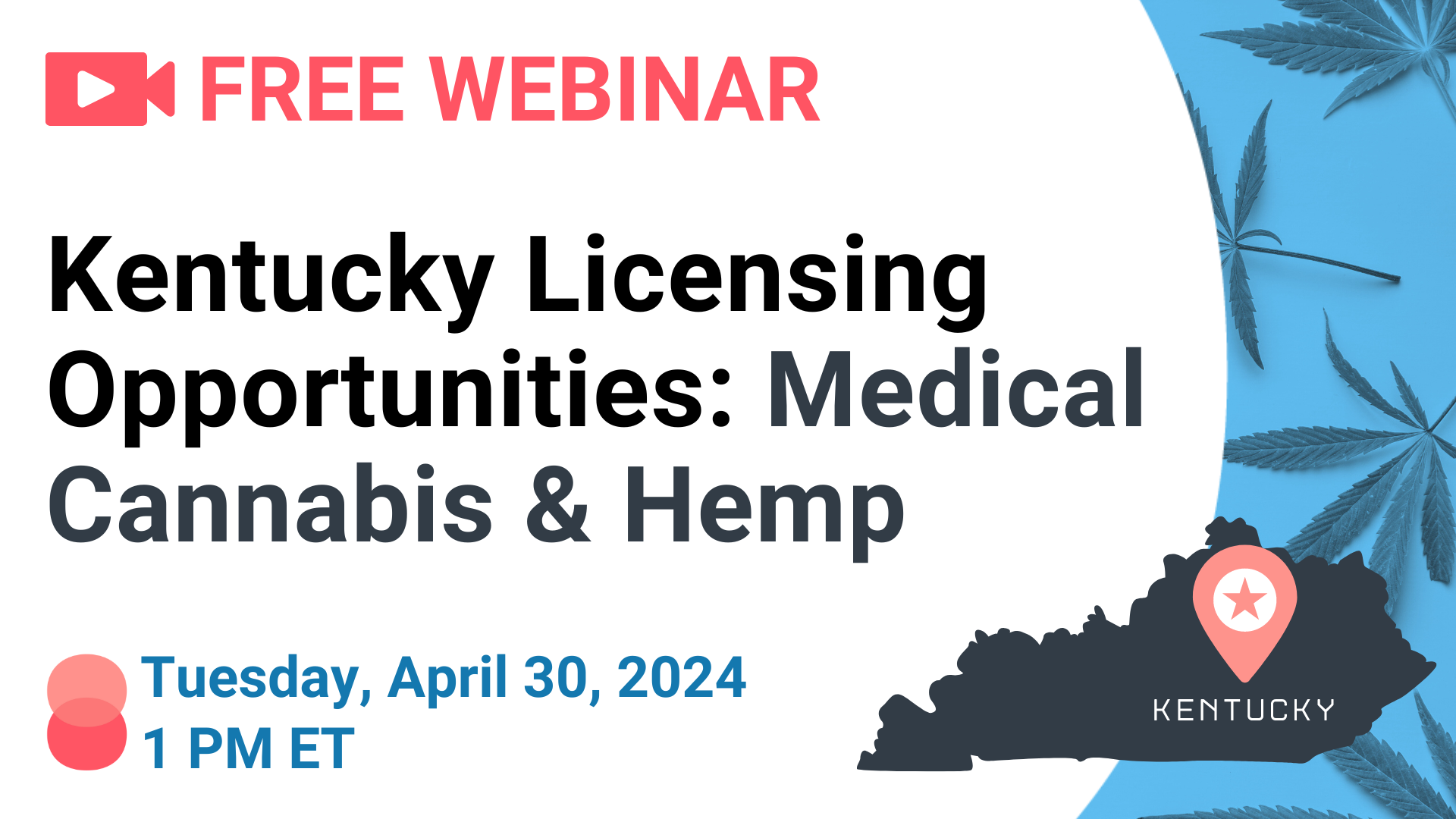Epidiolex Was Removed from the CSA. Now What?
By Corey Cox
May 28, 2020
Things changed for patients, CBD consumers, businesses and members of the medical community when Greenwich Biosciences, Inc. announced that their FDA-approved cannabidiol (CBD) based pharmaceutical Epidiolex® was no longer considered a controlled substance under the Controlled Substances Act (CSA).
The announcement is significant because:
- It’s the first instance where the DEA confirmed a cannabis-derived medicine as anything other than a controlled substance under the CSA; and
- It illustrates the potential impacts of the 2018 Farm Bill beyond simply authorizing hemp production.
So, what are the implications of this change and what, if anything, does it mean for CBD products in general?
-
The 2018 Farm Bill changed the definition of “marihuana” under the CSA to exclude “hemp,” including its extracts and derivatives, and defined “hemp” in relation to THC content (hemp can contain a concentration of THC not over 0.3% on a dry weight basis). The DEA has yet to publicly release its rationale for the decision. However, the determination that Epidiolex, which the DEA previously designated a schedule V controlled substance (the lowest category of controlled substances), is no longer a controlled substance, could be read as an administerial change acknowledging that Epidiolex, which consists of 99% purified CBD and less than 0.3% THC, is “hemp” as defined by the 2018 Farm Bill, and therefore is not scheduled under the CSA.
-
The decision does not change Epidiolex’s prescription-only status, but the control, dispensing and reporting obligations for the drug are now relaxed. This will presumably make it easier for doctors to prescribe Epidiolex to patients.
-
The decision does not authorize CBD for use as an active ingredient in any over-the-counter (OTC) drug. There are currently no OTC drug monographs authorizing CBD for use as an active ingredient for any indication, including but not limited to use as a topical analgesic.
-
Like most things in the hemp-verse, there is a complex interplay between federal and state laws. While Epidiolex is no longer scheduled federally, it may continue to be scheduled under the laws of various states, resulting in a patchwork of markets with different legal treatments for the same FDA-approved medication.
-
Finally, the de-scheduling of Epidiolex does not immediately impact or change the legal status of any other CBD-containing product, including those marketed as cosmetics, dietary supplements, foods, or OTC drugs. The FDA continues to interpret the Food, Drug, and Cosmetic Act to prohibit the marketing of CBD as a dietary supplement and to prohibit the addition of CBD to food.
Time will tell what’s next, but rest assured that we are closely monitoring ongoing developments regarding the regulation of CBD and CBD-containing products by the FDA and DEA, among others. And, through our relationship with leading FDA law and policy firm Kleinfeld, Kaplan & Becker, LLP, we’re prepared to help companies of all sizes and stages navigate the complex regulatory landscape.

